
Die Fledermaus is an operetta composed by Johann Strauss II to a German libretto by Karl Haffner and Richard Genée, which premiered in 1874.

Christa Ludwig was a German mezzo-soprano and sometime dramatic soprano, distinguished for her performances of opera, lieder, oratorio, and other major religious works like masses, passions, and solos in symphonic literature. Her performing career spanned almost half a century, from the late 1940s until the early 1990s.

Götz George was a German actor, the son of actor couple Berta Drews and Heinrich George. His arguably best-known role is that of Duisburg detective Horst Schimanski in the TV crime series Tatort.

Heinrich Wilhelm "Heinz" Rühmann was a German film actor who appeared in over 100 films between 1926 and 1993. He is one of the most famous and popular German actors of the 20th century, and is considered a German film legend. Rühmann is best known for playing the part of a comic ordinary citizen in film comedies such as Three from the Filling Station and The Punch Bowl. During his later years, he was also a respected character actor in films such as The Captain from Köpenick and It Happened in Broad Daylight. His only English-speaking movie was the 1965 Ship of Fools.

Die lustigen Weiber von Windsor, or The Merry Wives of Windsor, is an 1849 opera in three acts by Otto Nicolai to a German libretto by Salomon Hermann Mosenthal based on Shakespeare's play. Published as a comical-fantastical work in three acts with dance (komisch-phantastische Oper in 3 Akten mit Tanz), its structure is musical numbers linked by spoken dialogue, harkening back to the then-outmoded Singspiel format. It remains popular in Germany and Austria and its overture is sometimes heard in concert in other countries.

Enrico di Borgogna is an opera eroica or "heroic" opera in two acts by Gaetano Donizetti. Bartolomeo Merelli, wrote the Italian libretto based on Der Graf von Burgund by August von Kotzebue.

Der Graf von Luxemburg is an operetta in three acts by Franz Lehár to a German libretto by Alfred Willner, Robert Bodanzky, and Leo Stein. A Viennese take on bohemian life in Paris at the beginning of the 20th century, the story revolves around an impoverished aristocrat and a glamorous opera singer who have entered into a sham marriage without ever seeing each other and later fall in love at first sight, unaware that they are already husband and wife.

Hans Heiling is a German Romantic opera in 3 acts with prologue by Heinrich Marschner with a libretto by Eduard Devrient, who also sang the title role at the première at the Königliche Hofoper, Berlin, on 24 May 1833. From there, the work went on to become Marschner's most successful opera. The opera brought the composer a considerable reputation, although this did not materially affect his position in Hanover, where he was music director of the Court Theatre. Like Marschner's other great success, Der Vampyr, the plot of Hans Heiling makes great use of supernatural elements. As with several of his operas, Hans Heiling is based on a folk legend.
Ball im Savoy is a jazz operetta in three acts and a prelude by Paul Abraham to a libretto by Alfred Grünwald and Fritz Löhner-Beda.
Der Diktator is a tragic opera in one act with words and music by Ernst Krenek, his Op. 49 and the first of three one-acters which premiered on 6 May 1928 at the Hessisches Staatstheater Wiesbaden as part of the Festspiele Wiesbaden. The score is inscribed with the date of completion, 28 August 1926.
Les noces d'Olivette is an opéra comique in three acts composed by Edmond Audran, with a libretto by Alfred Duru and Henri Charles Chivot. The farcical romance story concerns Olivette, who loves Valentine but is engaged to a sea captain, who she refuses to marry. Valentine secretly weds Olivette, the captain declares that Olivette is his rightful bride, Valentine is arrested, Olivette is disowned, but eventually her marriage to Valentine is upheld.
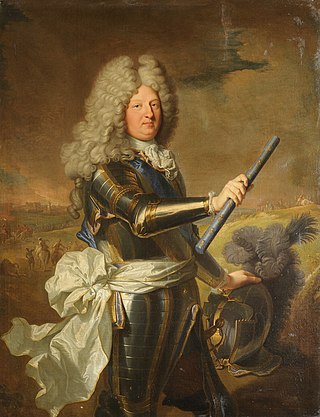
Le carnaval de Venise is a comédie-lyrique in a prologue and three acts by the French composer André Campra. The libretto is by Jean-François Regnard. It was first performed on 20 January 1699 by the Académie royale de musique in the Salle du Palais-Royal in Paris. Campra dedicated the work to Louis, Grand Dauphin, heir apparent to the French throne, who enjoyed it and had it staged again in February 1711, shortly before his death. In one critic's assessment: "In a magisterial act of conflation, this composer blends the styles of Lully, Lalande, Monteverdi and Cavalli and manages also to foreshadow Handel and Rameau. He dreamt up a multi-hued score, capable of recapturing in Paris both the carnival spirit in general and that of the legendary Venice in particular."
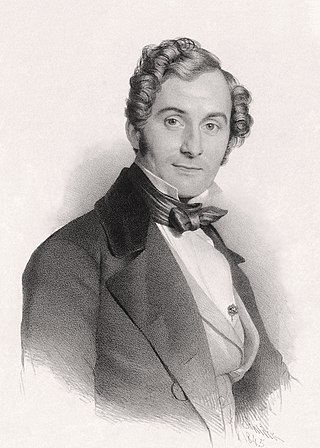
Undine is an opera in four acts by Albert Lortzing. The German libretto was by the composer after Friedrich de la Motte Fouqué's novella of the same name.
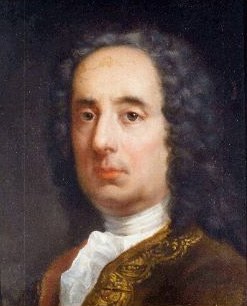
Griselda is an opera in three acts composed by Antonio Maria Bononcini. The opera uses a slightly revised version of the 1701 Italian libretto by Apostolo Zeno that was based on Giovanni Boccaccio's The Decameron. The opera was dedicated to Prince Maximilian Karl von Löwenstein, the Austrian governor of Milan, who died during the opera's world première on 26 December 1718 at the Teatro Regio Ducale in Milan. Nevertheless, Bononcini's opera was well received and enjoyed several revivals during the eighteenth century.
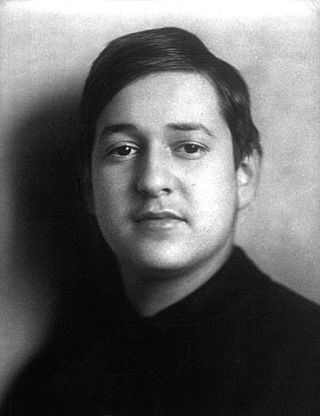
Violanta, Op. 8, is a one-act opera by Erich Wolfgang Korngold. The libretto is by the Austrian playwright Hans Müller-Einigen. It is Korngold's second opera, written when he was seventeen years old.

Hanne Haller was a German pop singer, composer, writer, producer, and sound engineer.
Maske in Blau is a grand operetta in two parts with music by Fred Raymond to a libretto by Heinz Hentschke and Günther Schwenn. The work had its premiere under Werner Schmidt-Boelke on 27 September 1937 at the Metropol Theater in Berlin. It was revived on 20 March 1955 at the Théâtre Municipal, Strasbourg, under the title Le masque bleu.

Fosca is an opera seria in four acts by Brazilian composer Antônio Carlos Gomes to an Italian-language libretto by Antonio Ghislanzoni based on Luigi Capranica's 1869 novel La festa delle Marie.
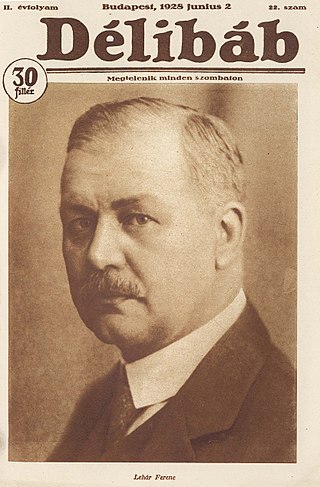
Paganini is an operetta in three acts by Franz Lehár. The German libretto was by Paul Knepler and Bela Jenbach.
Flammen (Flames) is an opera in two acts and ten scenes composed by Erwin Schulhoff, his only opera. The original libretto in Czech was written by Karel Josef Beneš. The opera had its world premiere at the old National Theatre in Brno on 27 January 1932 in Czech under the title Plameny. It was not heard again until the mid-1990s, when it was performed in its German translation by Max Brod as Flammen. Its story is a surrealist retelling of the Don Juan legend with elements from the legend of the Wandering Jew, and heavily influenced by Freudian psychology. Unlike the title character in Mozart's Don Giovanni based on the same legend, Don Juan is not punished by being dragged down to Hell, but instead is condemned to live forever.














